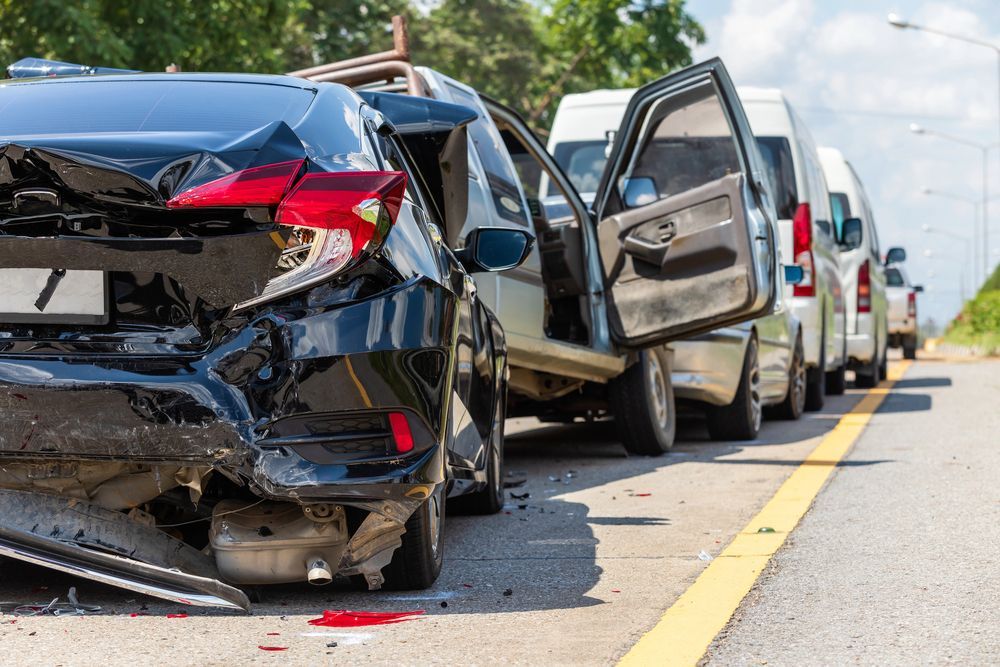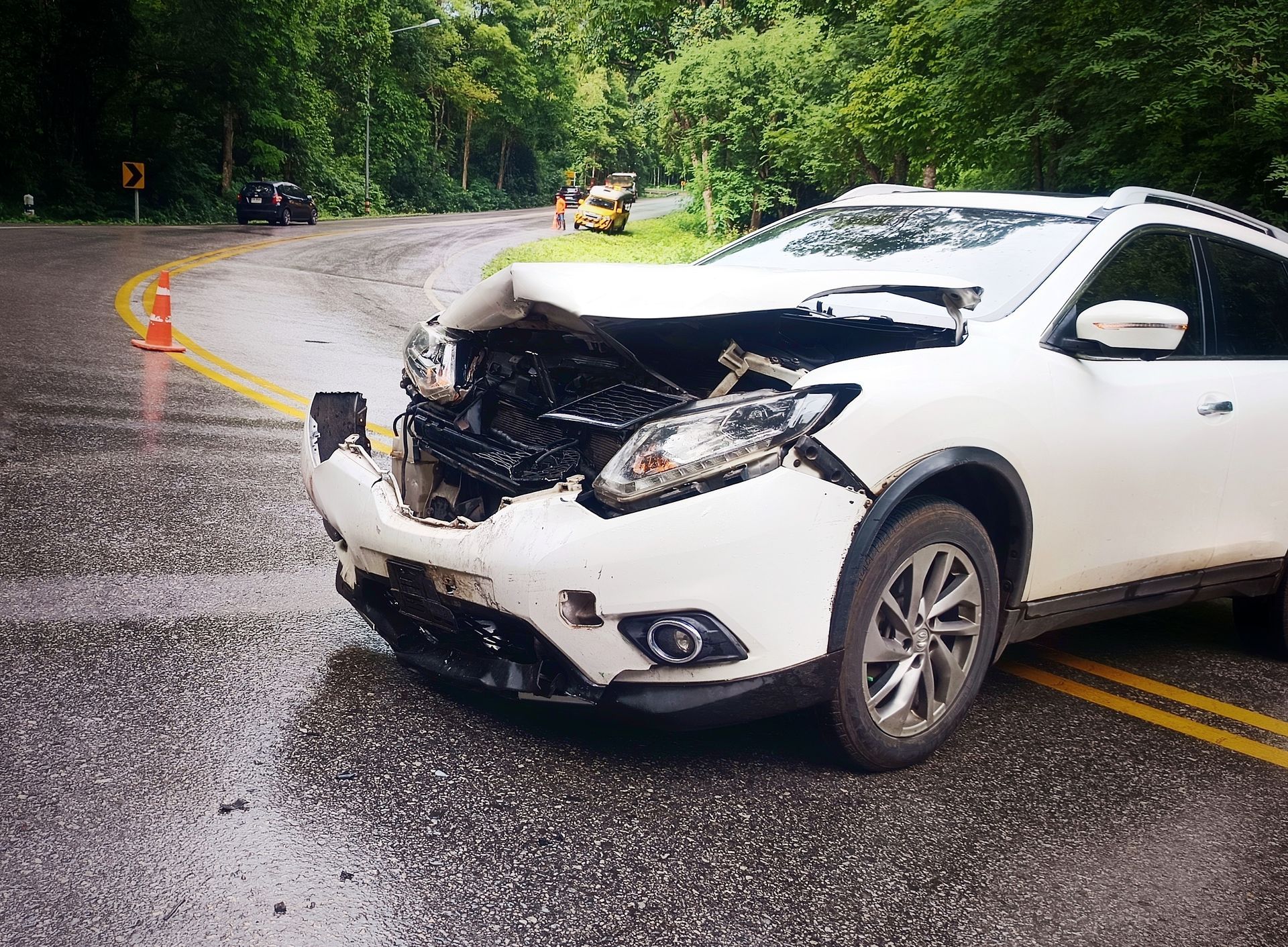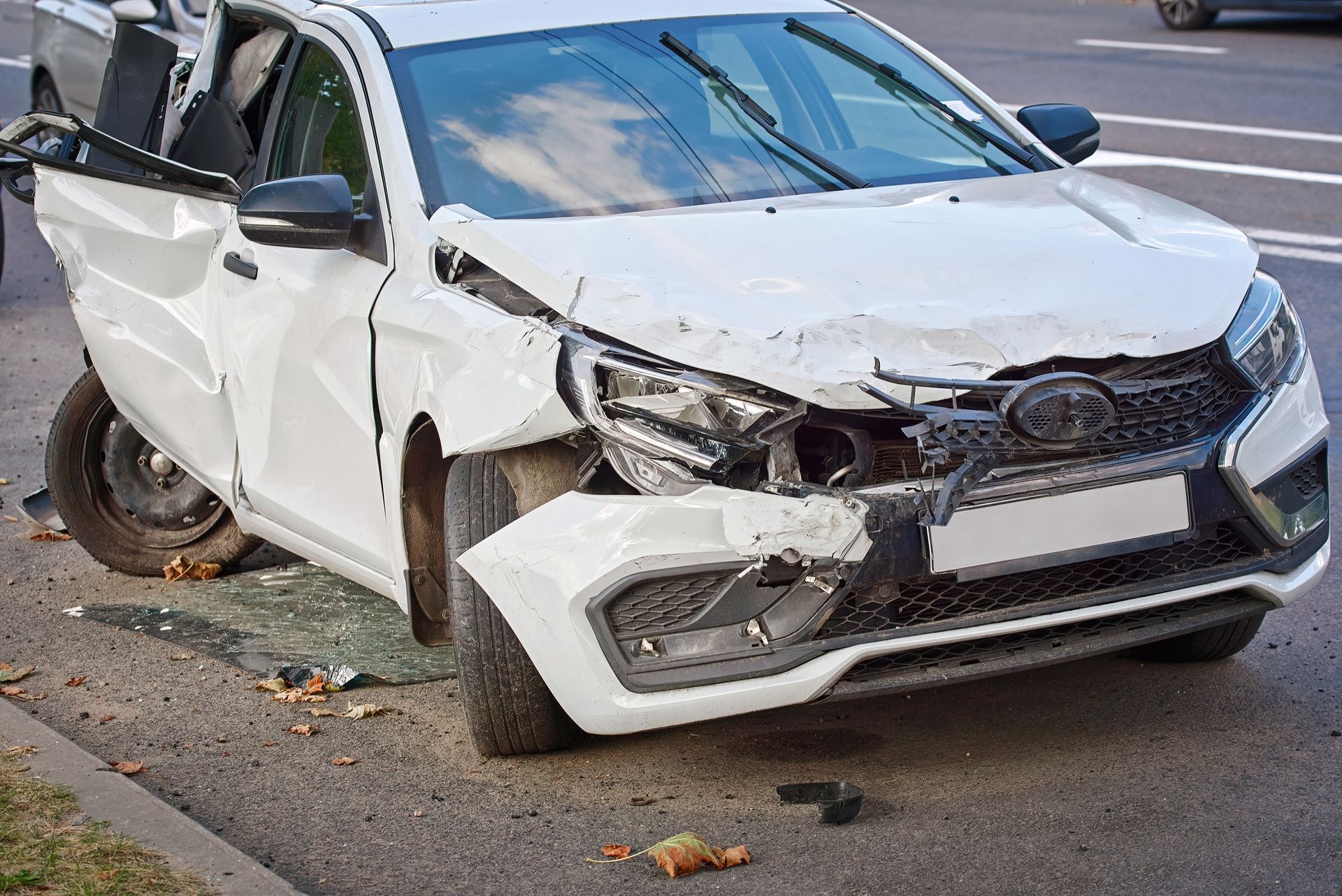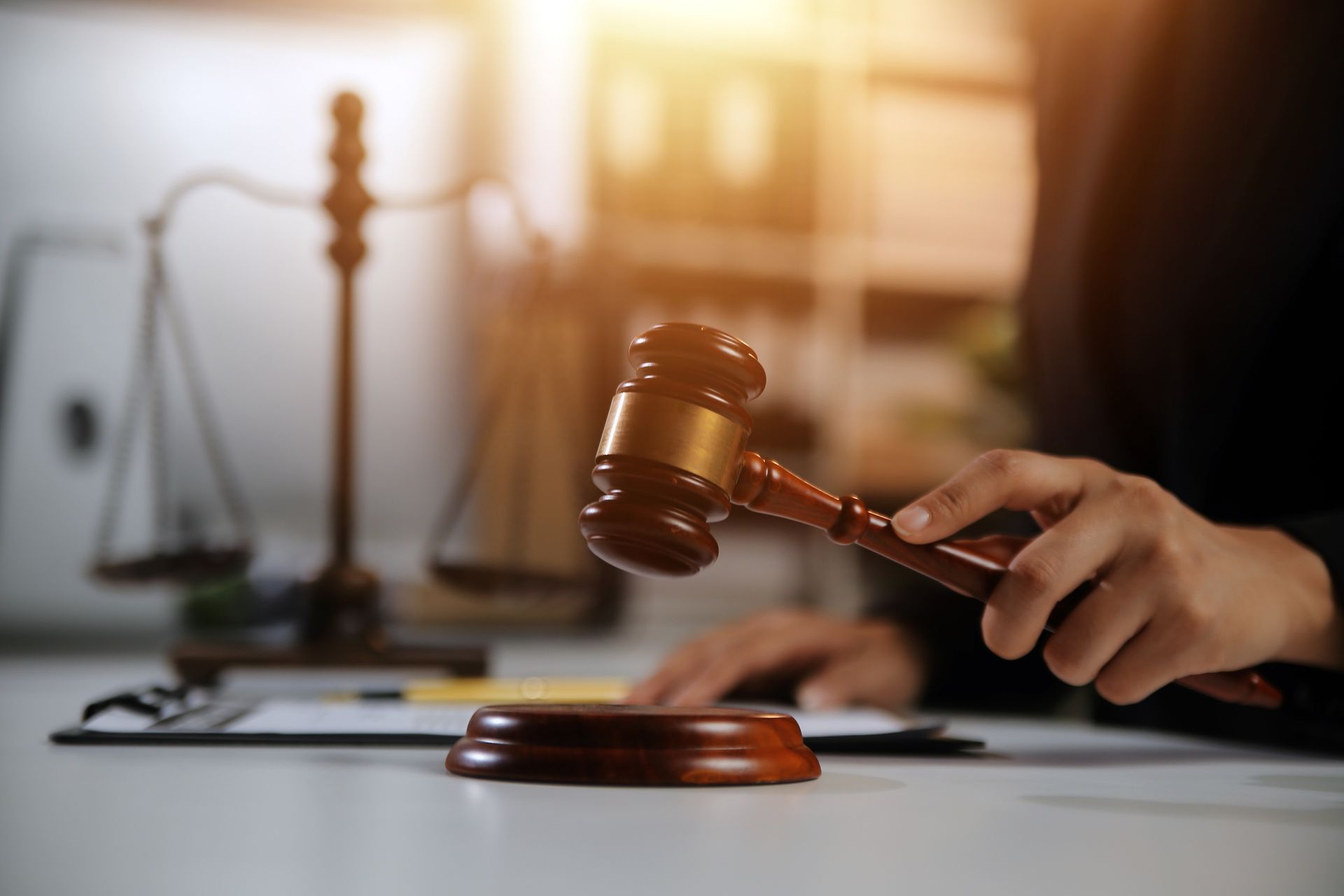Sargon Law Blog
Recent Blog Posts
Flying Debris Hit My Car: Who Is Liable and What To Do Next
Flying debris on the highway can be a sudden and terrifying experience. If flying debris hit your car, you may wonder who is responsible for the subsequent damages or injuries. Colorado, Arizona, New Mexico and California have laws in place that allow you to seek compensation in such instances.
Liability for Flying Debris Hitting Your Car
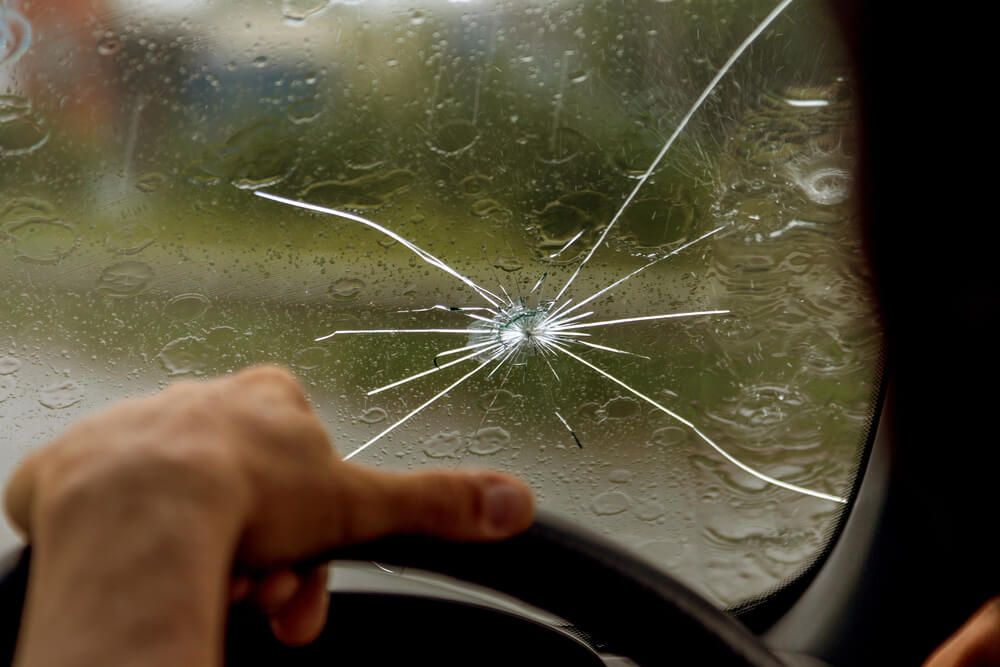
When debris hits your car on the highway, liability often depends on the source of the debris and the specific circumstances of the incident.
In many cases, the responsibility may lie with the driver who failed to secure their load. If the debris came from a vehicle that did not properly secure its cargo, that driver might be liable. Construction companies might also be held responsible if the debris originated from a construction site. Additionally, in some cases, poor road maintenance might contribute to debris hazards, potentially implicating government entities.
Proving Liability
Proving liability in cases of flying debris requires substantial evidence to show that another party was negligent. Gathering witness statements, photographic evidence and police reports can strengthen your case. In some instances, it may be necessary to hire an accident reconstruction expert to demonstrate how the debris incident occurred and who was at fault.
Different types of debris can pose unique challenges in proving liability. For example, construction materials like metal rods or wooden planks often come from construction sites or trucks carrying building supplies. If this is the case, it might be easier to trace the source and establish liability. On the other hand, natural debris like rocks or branches could make it more challenging to pinpoint responsibility unless poor road maintenance is a factor.
Steps to Take After Flying Debris Hits Your Car
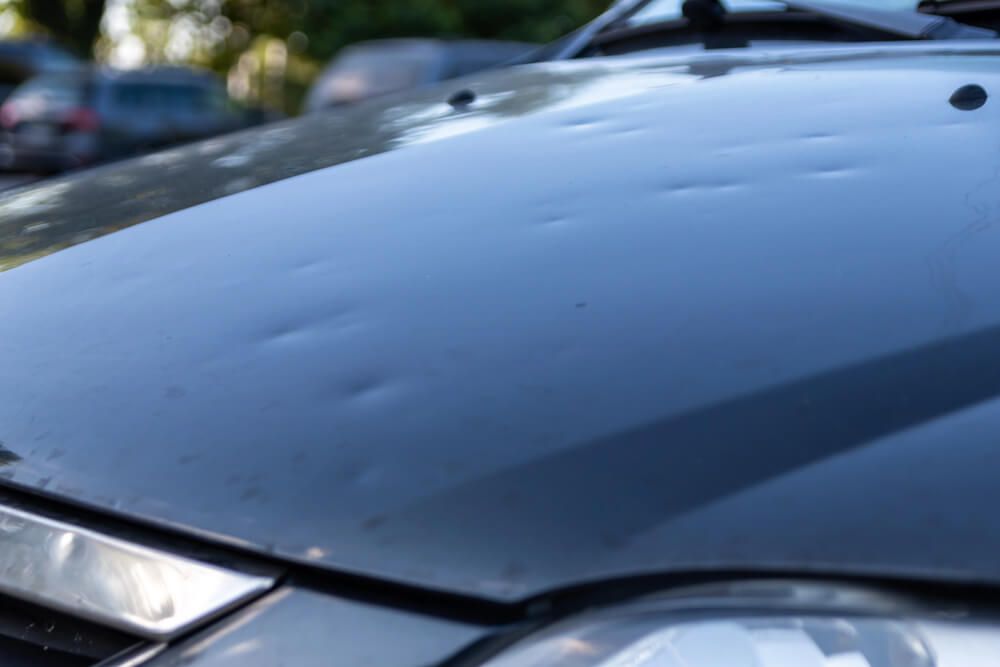
After debris hits your car, it’s important to take specific steps to ensure your safety and protect your rights.
First, safely pull over to the side of the road to assess the situation. Turn on your hazard lights to alert other drivers. Next, document the incident by taking photos of the damage and the debris if possible. Lastly, call the police to report the incident, as a police report can be valuable evidence for your insurance claim.
If other drivers or pedestrians witnessed the incident, ask for their contact information. Witness statements can be instrumental in establishing what happened and proving liability. Be sure to get their names, phone numbers and any other relevant contact details.
Even if you believe you were not injured, it is advisable to seek medical attention following an incident involving flying debris. Some injuries might not be immediately apparent, and a medical professional can thoroughly evaluate your condition. Documenting any medical visits and treatments is also essential for your insurance claim and potential legal case.
In addition to documenting the incident and seeking medical attention, keep detailed records of all related costs. This includes repair bills, medical expenses and any other costs you incur due to the incident. These records can help support your claim for compensation and help ensure you are fully reimbursed for your losses.
Filing an Insurance Claim
If flying debris hits your car, you will need to file an insurance claim for the damages. Comprehensive coverage typically handles damage from flying debris. However, if you swerved to avoid debris and collided with another vehicle or object, collision coverage might apply.
Contact your insurance company to report the incident and provide all necessary documentation, including photos and the police report. Your insurance company will then assess the damage and guide you through the repair process. Ensure you get a detailed estimate and keep all receipts.
When dealing with insurance adjusters, be clear and concise in your communication. Provide all necessary documentation. Stick to the facts and ensure your statements align with the evidence you have gathered.
Keep in mind the limits of your insurance policy when filing a claim. Comprehensive and collision coverage may have different deductibles and coverage limits. Review your policy details to know what to expect regarding out-of-pocket expenses and the maximum amount your insurer will pay for repairs.
State-Specific Flying Debris Laws for AZ, CA, CO and NM
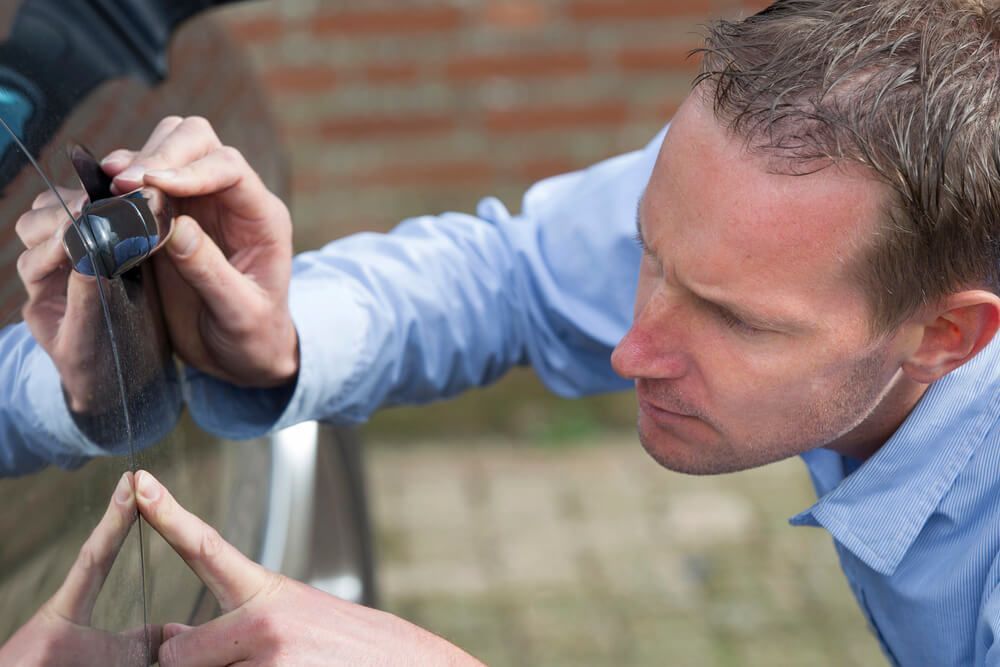
The states of Colorado, Arizona, New Mexico and California have laws that prohibit vehicles from allowing their contents to fall onto the road and put other road users in danger. If flying debris from another vehicle hits your car, the driver of that car will likely be the liable party. If the debris was the result of poor road conditions, then the government may be held liable.
It’s important to note that the states of Colorado, Arizona, New Mexico and California use comparative negligence. This means that if you are found partially at fault for the incident, the compensation you receive from the settlement may be reduced by your percentage of fault.
Each of these four states also has a statute of limitations that dictates how long you have to file a claim after an incident involving flying debris. Failing to file within this timeframe could result in losing your right to seek compensation.
Preventing Future Incidents
Maintaining a safe distance from vehicles carrying loose loads can be a great way to prevent flying debris accidents. Stay alert and watch for debris on the road, especially in construction zones. If you notice hazardous debris on the road, report it to the appropriate authorities.
Regular vehicle maintenance can also play a role in preventing accidents caused by flying debris. Ensure your tires, brakes and suspension are in good condition to handle unexpected obstacles. Properly inflated tires and well-maintained brakes can improve your ability to avoid debris safely.
Whom Can I Call After Flying Debris Hit My Car?
If you have been in an accident where flying debris hit your car and you need legal advice, contact the Phoenix personal injury attorneys at Sargon Law Group today for a free consultation. Our Phoenix car accident lawyers will use our decades of experience, insurance knowledge and legal know-how to achieve a favorable outcome for our clients.
